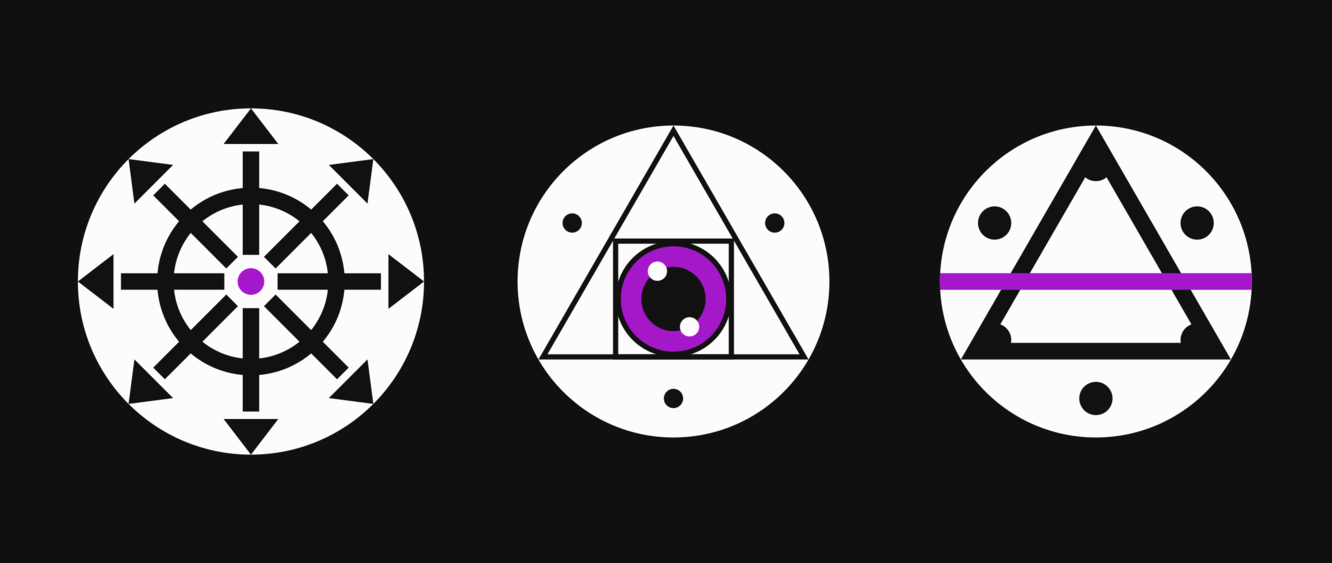
Hey folks! I'll be doing an AMA about #Agregore and how it works with the #p2p #dweb on discord in about three hours.
feel free to join us here: https://discord.gg/bMZPGHmb?event=1158108698896510997
Today I found out that google docs infects html exports with spyware, no scripts, but links in your document are replaced with invisible google tracking redirects. I was using their software because a friend wanted me to work with him on a google doc, he is a pretty big fan of their software, but we were both somehow absolutely shocked that they would go that far.
One thing Anna doesn't lack is ambition:
"A year ago, we set out to answer this question: What percentage of books have been permanently preserved by shadow libraries?
[...]
"And ideally we don’t just have a number, but actual metadata. Then we can not only match them against shadow libraries, but also create a TODO list of remaining books to preserve! We could even start dreaming of a crowdsourced effort to go down this TODO list.
Every single person should be able to receive basic food and housing from a gigantic, mountain-sized omelette at a fixed position on the map; labor should only be required to obtain luxuries beyond what is naturally provided by the giant omelette. This is just so intuitively obvious, to someone born between 1983 and 1990
One of the most remarkable things to me about all these studies that turn out to have misused data, etc., is that most researchers apparently keep incredibly poor records; there's no audit history for changes; Excel is somehow the gold standard. I guess that's true in business, but I somehow thought there would be university, journal, and professional standards that required very specific one-way archiving of data, etc.
Eventually investors will stop (most likely now when the economy is going to hell) and they have to make money, and turn corrupt. which is why you should keep as far away from it as possible before it happens.
This is the same chain of events that recently happened to sites like Reddit
I think in the future if I am ever writing a code paper I am just going to take the list of contributors and copy paste that into the authors list with links to a git blame (with consent). If we're going to have a credit assignment system as broken as authorship, we can at least err on the "include everyone" side of the brokenness - I want the person who submits a PR to fix a typo in the docs to get credit for helping. People being incentivized to make lots of little contributions is good, actually.
It should be the same way with regular papers too - put your lab techs and undergrads on the paper! Put on the grad student/postdoc who isnt explicitly assigned to this project but ends up helping out anyway. Its literally free! Authorship inflation is a made up problem thats not even a problem!
feels good to be back in the saddle! catching up on all of my missed notifications and emails, starting writing new design dogs for projects, tugging on potential leads. I still don't have my computer table or monitor set up but I'm enjoying just sitting on the couch with my steam deck and my speech to text
@powersource @kaasbaas no worries, this stuff is complicated 😊 if you’re talking specifically about the first connection, it’s literally just a json array of IPs and Ports, everyone does a fan-out send of a join packet with their IP and port and the cluster/topic they are a part of, an optimized gossip protocol starts seeking anyone else who has done the same, peers then introduce each other.
#google making search results worse on purpose to juice queries is a fully predictable feature of their business model, I just didnt expect them to be so nervous about it. #LLM search is just a refinement on the ad revenue potential of iterative search, with the added bonus of surveillance-backed "queryless" search - an LLM "assistant" volunteering information, presumably whenever Google needs to meet expected earnings.
- Pronouns
- they/them/it
- mauve+fedi@mauve.moe
- Matrix
- @mauve:mauve.moe
- Github/Gitlab/Discord
- @RangerMauve
Occult Enby that's making local-first software with peer to peer protocols, mesh networks, and the web.
Yap with me and send me cool links relating to my interests. 👍
